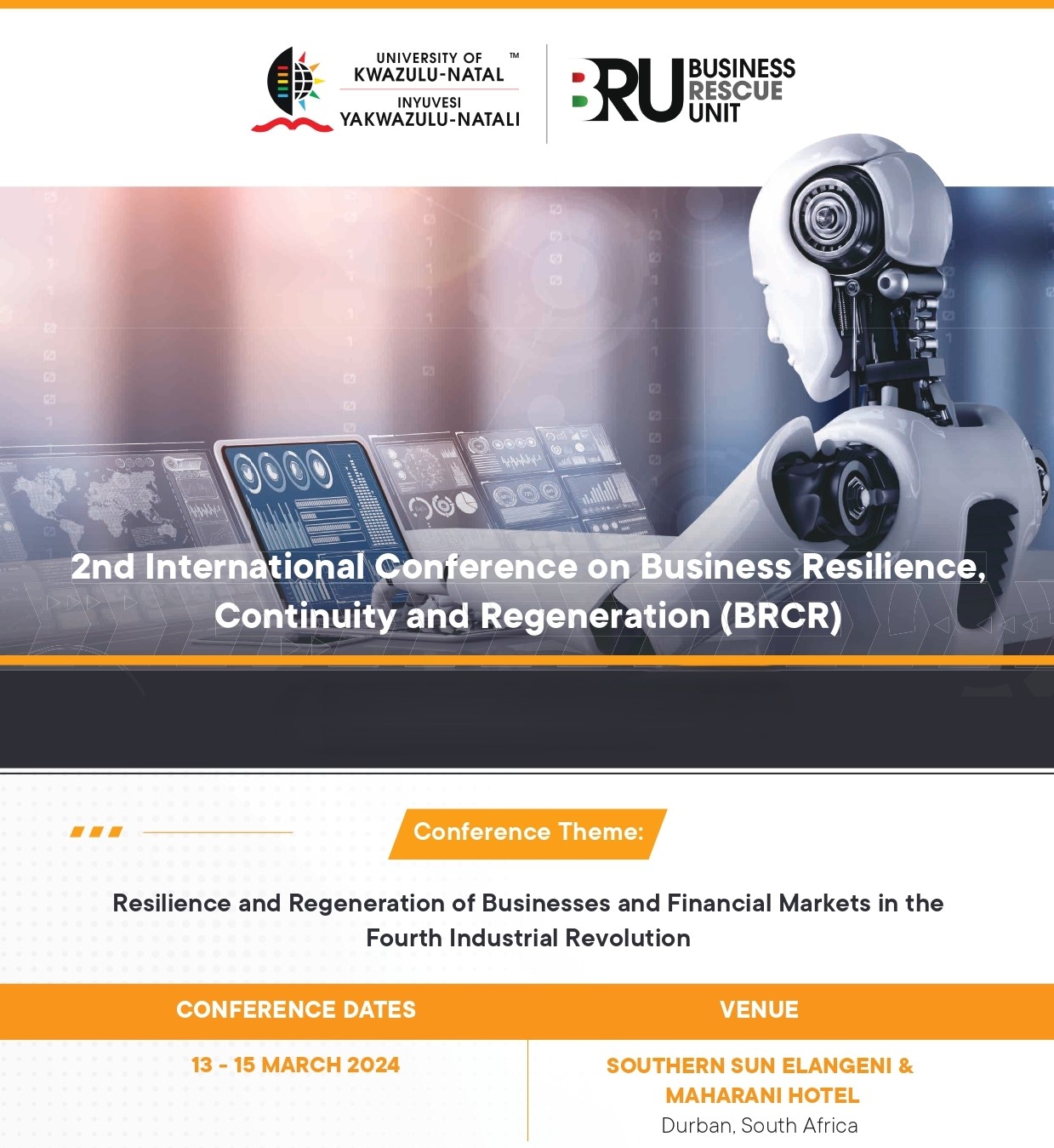mise à niveau du système de publication OJS
mise à niveau de notre système de publication numérique OJS de la version 3.3 à la version 3.5
En lire davantage à propos de mise à niveau du système de publication OJS
Journal of Academic Finance est une revue scientifique à comité de lecture, diffusée en « Diamond open access », référencée ISSN 1923-2993, administrée par le laboratoire de recherche RED-ISGG (Recherche, Entreprises et Décision- ROR) et soutenue par l'Université Virtuelle de Tunis, l’AEISGG, , l’AFME, l’APREV et l'ESSAT Gabes.
Academic Finance est une revue bilingue qui publie des textes théoriques, empiriques et ou critiques s’intéressant à une ou plusieurs dimensions de la finance dans le monde.
mise à niveau de notre système de publication numérique OJS de la version 3.3 à la version 3.5
En lire davantage En lire davantage à propos de mise à niveau du système de publication OJS
Numéro Spécial
2nd International Conference on Business Resilience, Continuity and Regeneration (Theme: Resilience and Regeneration of Businesses and Financial Markets in the Fourth Industrial Revolution)
Université de KwaZulu-Natal, South Africa, les 13 – 15 Mars 2024.
Journal of Academic Finance (JoAF) est une revue scientifique à accès Libre Diamant (Diamond Open Access) bilingue ( Anglais/Français) à comité de lecture. Elle est diffusée de façon électronique en « open access », ISSN 1923-2993.
Cette revue est une émanation du Colloque Scientifique International en Finance et Assurance CSIFA.
Elle publie des articles scientifiques de haut niveau, théoriques ou empiriques, en méthodes financières et comptables partout dans le monde. Elle traite aussi des cas pratiques du moment qu’ils ont une approche et un objectif scientifique prouvée.
Elle traite tous les thèmes de la finance et comptabilité, audit, finance de marché et d’entreprise, gouvernance, information financière, gestion de portefeuille, finance internationale, mais aussi les thèmes connexes tels que l’économie, la sociologie, la psychologie, les mathématiques appliquées, l’économétrie, le droit, les systèmes d’informations… du moment que le sujet touche la finance et la comptabilité.
Elle publie deux numéros par an (spring et fall), plus éventuellement des numéros spéciaux.
Nous acceptons d’évaluer tout texte soumis par un auteur. Il suffit qu’il s’inscrive en précisant bien sa biographie.
Bonne lecture !
2010-2025 © The Scientific Society. Soutenu par Nomad Engineers, LLC
Journal of Academic Finance - ISSN 1923-2993
Si vous ne recevez pas d'e-mail dans votre 'boîte de réception', veuillez ajouter le domaine 'scientific-society.com' à votre liste e-mail sécurisé. Sinon, vous pouvez consulter vos dossiers "Spam mail" ou "junk mail".
